To provide the best experiences, we use technologies like cookies to store and/or access device information. Consenting to these technologies will allow us to process data such as browsing behaviour or unique IDs on this site. Not consenting or withdrawing consent, may adversely affect certain features and functions.
The technical storage or access is strictly necessary for the legitimate purpose of enabling the use of a specific service explicitly requested by the subscriber or user, or for the sole purpose of carrying out the transmission of a communication over an electronic communications network.
The technical storage or access is necessary for the legitimate purpose of storing preferences that are not requested by the subscriber or user.
The technical storage or access that is used exclusively for statistical purposes.
The technical storage or access that is used exclusively for anonymous statistical purposes. Without a subpoena, voluntary compliance on the part of your Internet Service Provider, or additional records from a third party, information stored or retrieved for this purpose alone cannot usually be used to identify you.
The technical storage or access is required to create user profiles to send advertising, or to track the user on a website or across several websites for similar marketing purposes.
 Research carried out by the CBI prior to the pandemic suggests there is an urgent need for the UK to embark on a radical programme of reskilling that goes further and faster than current plans. According to the CBI, the UK faces a stark choice: invest more in lifetime learning and upskilling of millions of employees, or stick to business as usual, and risk sustained higher rates of unemployment and skills shortages. More →
Research carried out by the CBI prior to the pandemic suggests there is an urgent need for the UK to embark on a radical programme of reskilling that goes further and faster than current plans. According to the CBI, the UK faces a stark choice: invest more in lifetime learning and upskilling of millions of employees, or stick to business as usual, and risk sustained higher rates of unemployment and skills shortages. More →





 A new report, released by workplace design consultancy,
A new report, released by workplace design consultancy, 
 The
The 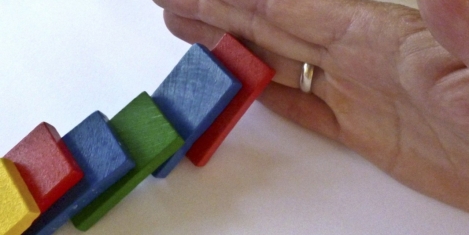
 New research commissioned by
New research commissioned by 
 A new study looking at skills in online chess tournaments from
A new study looking at skills in online chess tournaments from 
 At a time when working from home looks set to continue for many in both the short and long term, ‘hidden fractures’ are forming in the workforce which risk causing irreparable damage to cultures and productivity. That’s according to new research from
At a time when working from home looks set to continue for many in both the short and long term, ‘hidden fractures’ are forming in the workforce which risk causing irreparable damage to cultures and productivity. That’s according to new research from 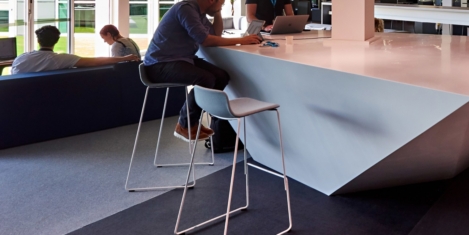
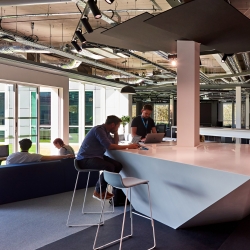

 A new report from
A new report from 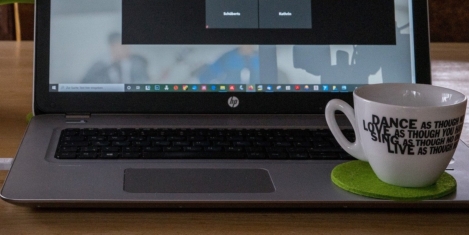
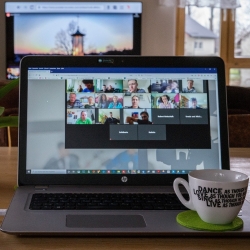 A new global study by
A new global study by 
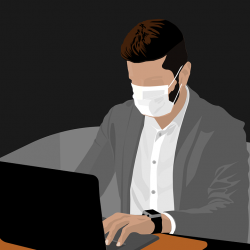 With current government advice encouraging all those who can work from home to do so, it’s no surprise that Britain’s businesses and employees are navigating a new normal. New research from
With current government advice encouraging all those who can work from home to do so, it’s no surprise that Britain’s businesses and employees are navigating a new normal. New research from 
 80 percent of us want to get back to the office, according to a new
80 percent of us want to get back to the office, according to a new 









October 15, 2020
The wellbeing needs of men and women can be very different
by Alaana Woods • Comment, Flexible working, Wellbeing